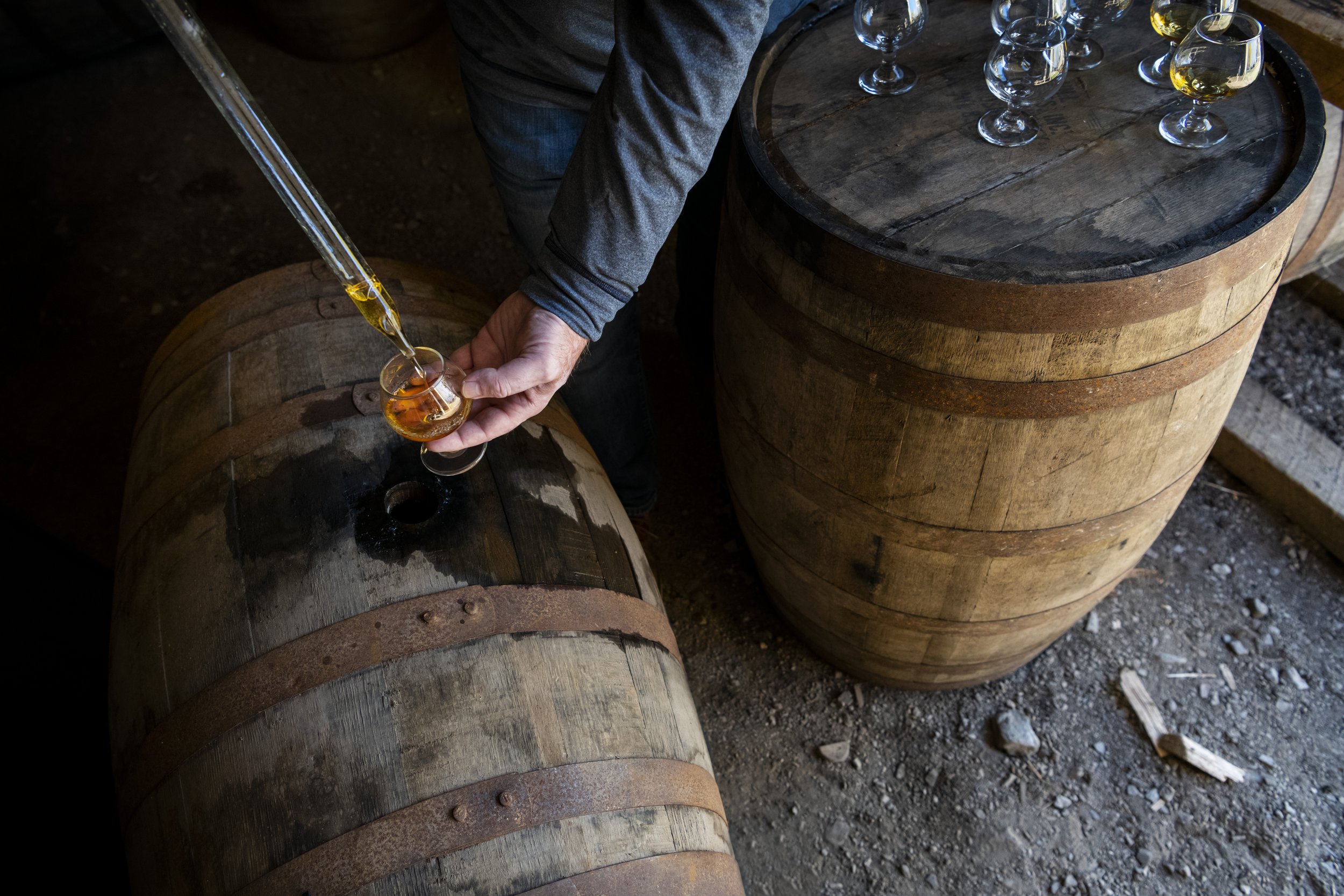Navigating the Shortage of Whisky Barrels
In the realm of fine spirits, there is perhaps no drink as iconic and beloved as whisky. Its centuries-old tradition, diverse flavors, and rich heritage have made it a drink of choice for connoisseurs and enthusiasts alike. However, behind the scenes, the whisky industry is encountering a significant challenge – a pronounced shortage of whisky barrels.
The shortage of whisky barrels can be traced back to various factors, primarily due to the skyrocketing demand for whisky in recent years. From seasoned veterans to emerging markets, the global thirst for this amber elixir has led to a tremendous growth in whisky production. However, the aging process of whisky mandates the use of oak barrels, which, unfortunately, cannot be produced overnight. Our Glen Breton Rare Canadian Single Malt Whisky takes about 10 years to become the fine single malt it is.
The maturation process requires whisky to be aged for a minimum of three years and, in some cases, significantly longer. With distilleries racing to meet the increased demand, the supply of quality oak barrels has failed to keep pace. This imbalance has been exacerbated by environmental fluctuations that impact oak growth, including climate change and pests, resulting in reduced timber yields.
Implications on the Whisky Industry:
The shortage of whisky barrels has far-reaching consequences for all stakeholders in the industry, from distilleries to consumers. One of the most immediate effects is the higher price of whisky as production costs rise due to increased barrel prices. This, in turn, leads to higher prices for consumers who are met with a limited selection or higher-priced labels.
Furthermore, distilleries are faced with the dilemma of compromising the maturation process, potentially impacting the quality and character of their whiskies. With a shortage of barrels, some distilleries are forced to reuse barrels or seek alternative solutions like smaller barrel sizes or different wood types. These choices can result in deviations from the traditional profile of their whiskies, thereby challenging their brand reputation and consumer loyalty.
Measures to Alleviate the Barrel Shortage:
Recognizing the severity of the issue, the whisky industry has begun to implement measures aimed at mitigating the barrel shortage. For instance, some distilleries are investing in cooperages, ensuring greater control over the production of their own barrels. By doing so, they not only secure a consistent supply but also maintain the unique flavor profile that characterizes their whisky.
Collaboration between distilleries and cooperages has also emerged as a viable solution, pooling resources and expertise to address the shortage collectively. Additionally, there have been efforts to explore sustainable alternatives, such as using recycled barrels or experimenting with different wood species that mimic the desirable flavor notes associated with traditional oak barrels.
The shortage of whisky barrels poses a significant challenge for the whisky industry. However, by joining forces and adopting innovative approaches, distilleries are determined to restore equilibrium to this delicate ecosystem. Whether through sustainable practices, investments in cooperages, or collaborative initiatives, steps are being taken to ensure that whisky enthusiasts worldwide can continue relishing in the unparalleled pleasure of a fine dram.

